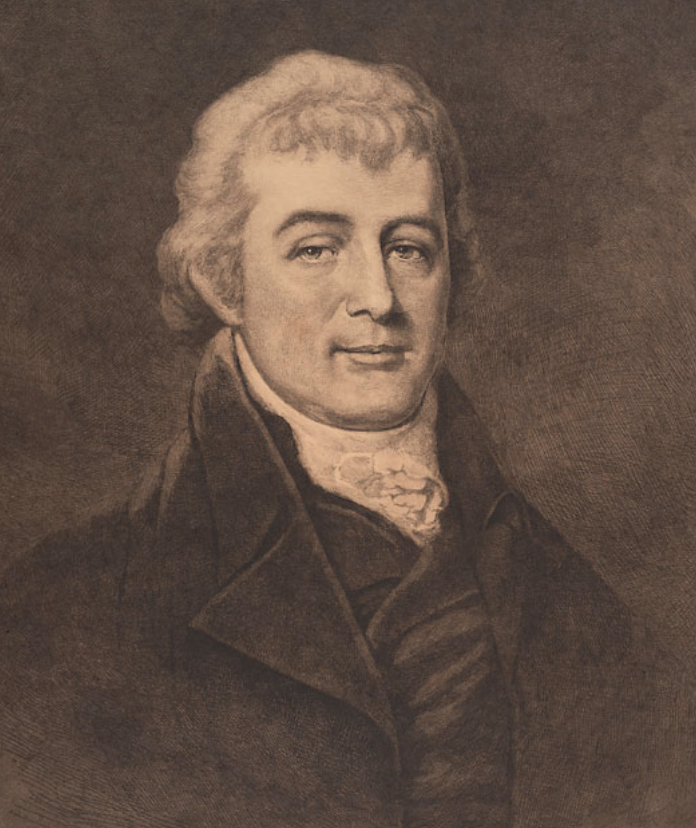What "parties" showed up at the Constitutional Convention? Analysis by participant, Luther Martin

Luther Martin (1748-1826) served as a delegate to the Constitutional Convention from Maryland. He opposed the idea of creating a strong central government and constantly sided with the "small" states against the "large" states in their disputes over proportional representation versus equal representation. He supported having equal representation for all states in at least one of the congressional houses. Luther eventually walked out of the convention and went on to become an Anti-Federalist.
His take on the parties at the Constitutional Convention that were vying against each other is an interesting insight into Convention politics.
August Glen-James, editor
This party were for proceeding upon terms of federal equality . . .
One party, whose object and wish it was to abolish and annihilate all State governments, and to bring forward one General Government over this extensive continent of a monarchical nature, under certain restrictions and limitations. Those who openly avowed this sentiment were, it is true, but few; yet it is equally true that there was a considerable number, who did not openly avow it, who were, by myself and many others of the Convention, considered as being in reality favorers of that sentiment . . . .
The second party was not for the abolition of the State governments nor for the introduction of a monarchical government under any form; but they wished to establish such a system as could give their own States undue power and influence in the government over the other States.
A third party was what I considered truly federal and republican. This party was nearly equal in number with the other two, and was composed of the delegates from Connecticut, New York, New Jersey, Delaware, and in part from Maryland; also of some individuals from other representations. This party were for proceeding upon terms of federal equality: they were for taking our present federal system as the basis of their proceedings, and, as far as experience had shown that other powers were necessary to the Federal Government, to give those powers. They considered this the object for which they were sent by their States, and what their States expected from them.
